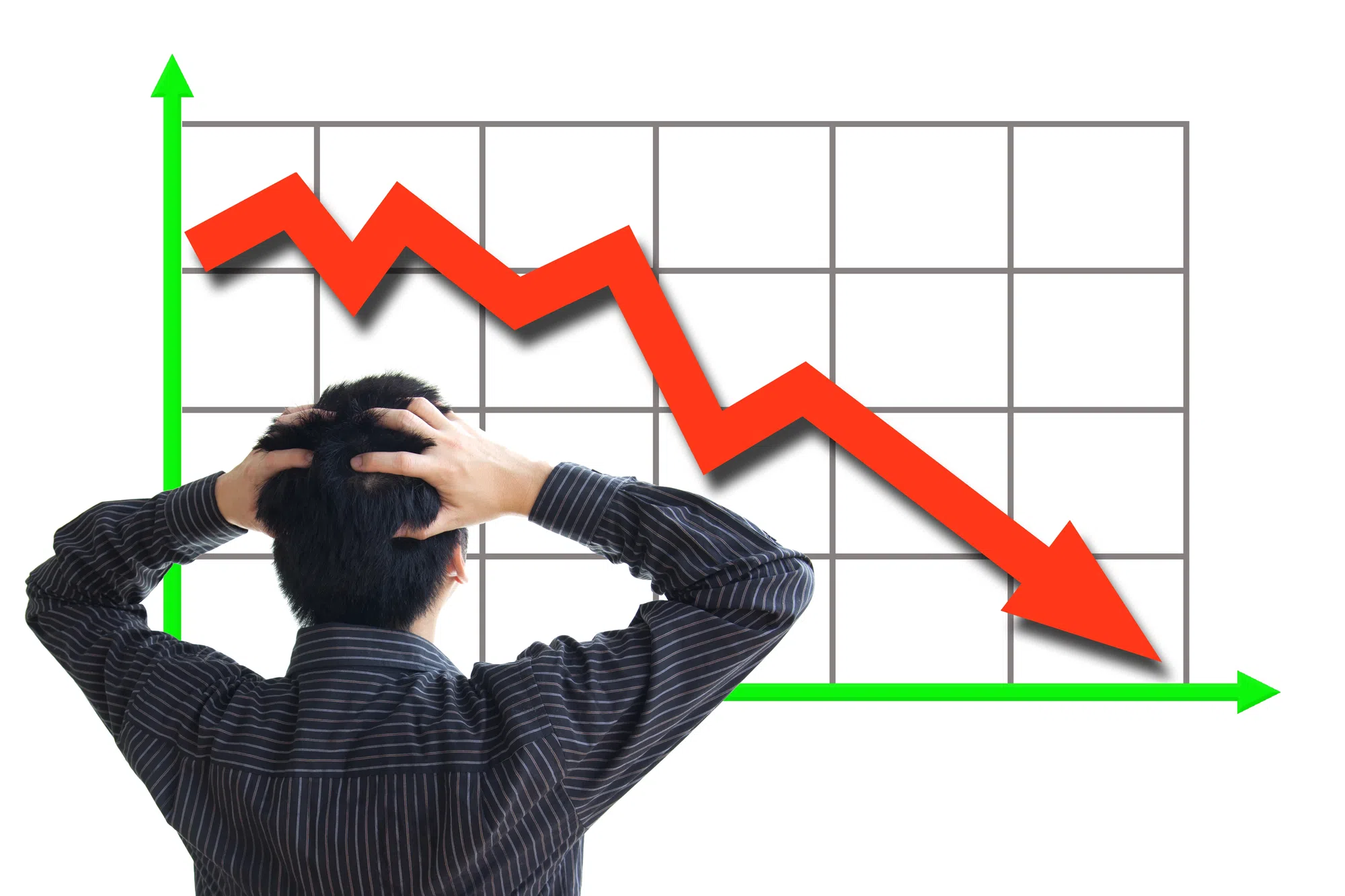
shirotie / Depositphotos.com
Global markets reel as US-China trade war erupts into full-scale economic conflict
A full-scale trade war between the world’s two largest economies has erupted, with the United States enacting sweeping 104 per cent tariffs on Chinese imports and China responding with its own retaliatory measures.
The move marks a sharp escalation in hostilities, triggering global market turmoil and raising fears of long-term economic fallout.
Following last week’s tariff announcement by US President Trump, China swiftly responded with a blanket 34 per cent tariff on all American imports and a new ban on exporting rare earth minerals — key materials used in everything from smartphones to missiles.
The measures go well beyond previous tit-for-tat responses and suggest a hardening stance from Beijing, and signaling a country that will not be backing down. Analysts say the retaliation reflects China’s view that Washington’s latest actions are not only extreme but deliberately targeted to inflict maximum pain.
In a sign of how deep the economic consequences could run, Beijing is also threatening to offload hundreds of billions of dollars in U.S. government bonds. China currently holds more than $750 billion in U.S. treasuries, and a mass sell-off could send borrowing costs soaring, drive up interest rates, and trigger widespread financial instability in the United States. Economists warn that such a move would destabilize public finances and cripple the government’s ability to respond to the downturn.
Markets have already been rocked. In just three days, global stock markets have lost more than $10 trillion in value as investors flee risk amid deepening fears of an economic downturn. Retirement funds, future investments, and consumer confidence are all taking major hits as the trade battle shows no sign of easing. U.S. President Donald Trump’s aggressive rhetoric and refusal to back down are compounding the uncertainty, analysts say.
With the new tariffs on virtually everything, American households are bracing for price hikes as importers pass on the cost of tariffs, while some shoppers are rushing to stockpile essential goods. At the same time, companies reliant on Chinese components are facing major supply chain disruptions and rising production costs, leading to delayed investments and job insecurity.
Despite calls from economists and global leaders for de-escalation, there is little indication that Trump is ready to compromise. Analysts warn that the standoff could last months or longer, with negotiations hampered by mismatched political styles and hardened positions. As both sides dig in, the risk of global collateral damage continues to grow.











Comments